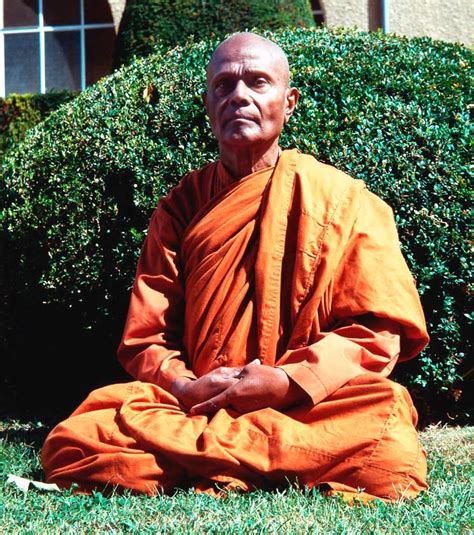A Quote by Sharon Salzberg
Meditation teaches us to focus and to pay clear attention to our experiences and responses as they arise, and to observe them without judging them.
Related Quotes
Life offers its wisdom generously. Everything teaches. Not everyone learns. Life asks of us the same thing we have been asked in every class: "Stay awake." "Pay attention." But paying attention is no simple matter. It requires us not to be distracted by expectations, past experiences, labels, and masks. It asks that we not jump to early conclusions and that we remain open to surprise.
From the simplest lyric to the most complex novel and densest drama, literature is asking us to pay attention. Pay attention to the frog. Pay attention to the west wind. Pay attention to the boy on the raft, the lady in the tower, the old man on the train. In sum, pay attention to the world and all that dwells therein and thereby learn at last to pay attention to yourself and all that dwells therein.
Zakath's face grew thoughtful. "You know something, Garion?" he said. "Man thinks he owns the world, but we share it with all sorts of creatures who are indifferent to our overlordship. They have their own societies, and I supposed even their own cultures. They don't even pay attention to us, do you?" "Only when we inconvenience them...It teaches us humility," Garion agreed.
I cannot tell you how many times guides have said to me, "Please tell them to stop praying to me. I can't make things happen. I can't protect them from going through challenging experiences. These are experiences their soul has chosen to go through. I'm here to keep them on their path, but I don't want them to give me all this attention or power or focus." Realistically, the guides I work with are really encouraging people to find their inner voice.
Why do we focus so intensely on our problems? What draws us to them? Why are they so attractive? They have the magnet power of love: somehow we desire our problems; we are in love with them much as we want to get rid of them . . . Problems sustain us -- maybe that's why they don't go away. What would a life be without them? Completely tranquilized and loveless . . . There is a secret love hiding in each problem
If your skin is crawling, pay attention. If something doesn’t feel right, pay attention. If the hairs on the back of your neck prickle, if your gut clenches up, if a wave of wrongness washes over you, if your heart starts beating faster, pay, pay, pay attention. Do not second-guess yourself or rationalize anything that impedes your safety. Our instincts are the animal inside of our humanness, warning us of danger.
Empathy occurs when we suspend our single-minded focus of attention and instead adopt a double-minded foucus of attention. When our attention lapses into single focus, empathy has been turned off. When we shift our attention to dual focus empathy has been turned on. Empathy is our ability to identify what someone else is thinking or feeling and to respond to there thought or feelings with an approriate emotion. Empathy makes the other person feel valued, enabling them to feel that their thoughts and feelings have been heard.
You can't be positive to everybody. A lot of people want to focus on flaws and negativity, especially on the Internet because that's their only voice. I don't pay attention to that kind of stuff. I pay attention to opportunities coming my way, gays and lesbians telling me what I've done for them, organizations in my community that always want to work with me.
When you relate to thoughts obsessively, you are actually feeding them because thoughts need your attention to survive. Once you begin to pay attention to them and categorize them, then they become very powerful. You are feeding them energy because you are not seeing them as simple phenomena. If one tries to quiet them down, that is another way of feeding them.



































